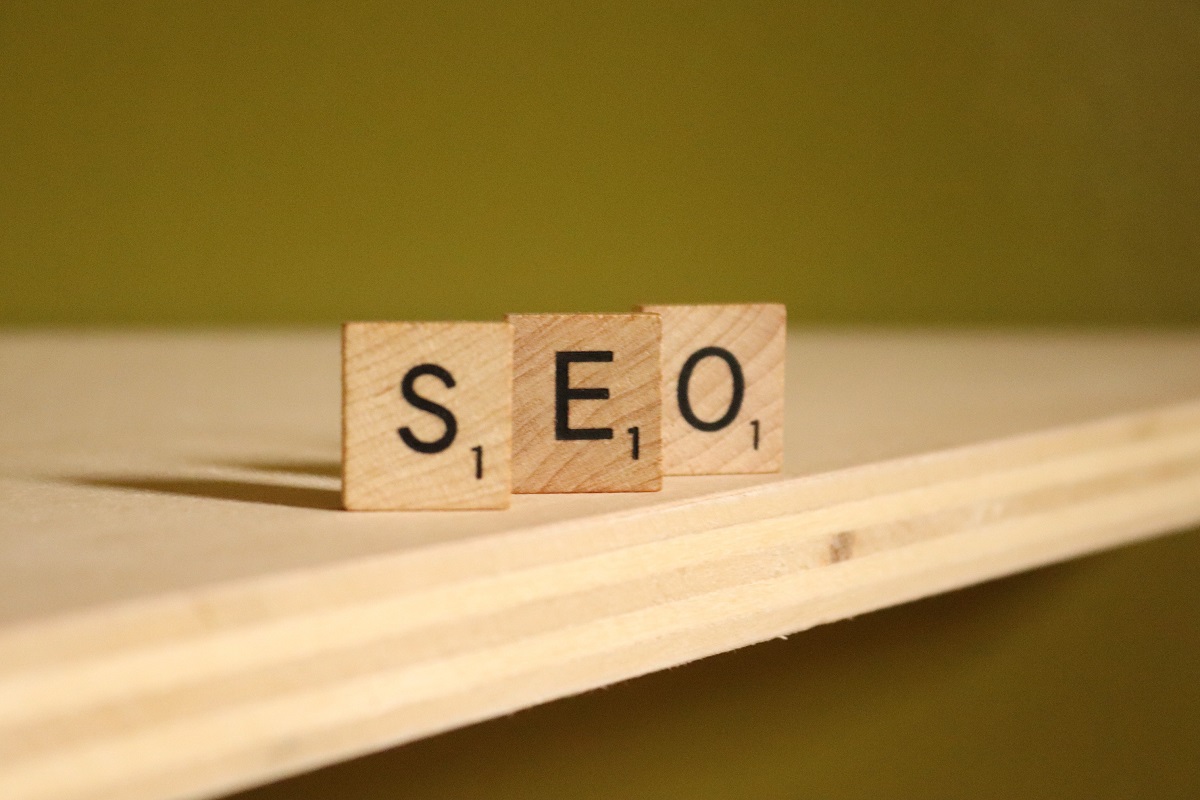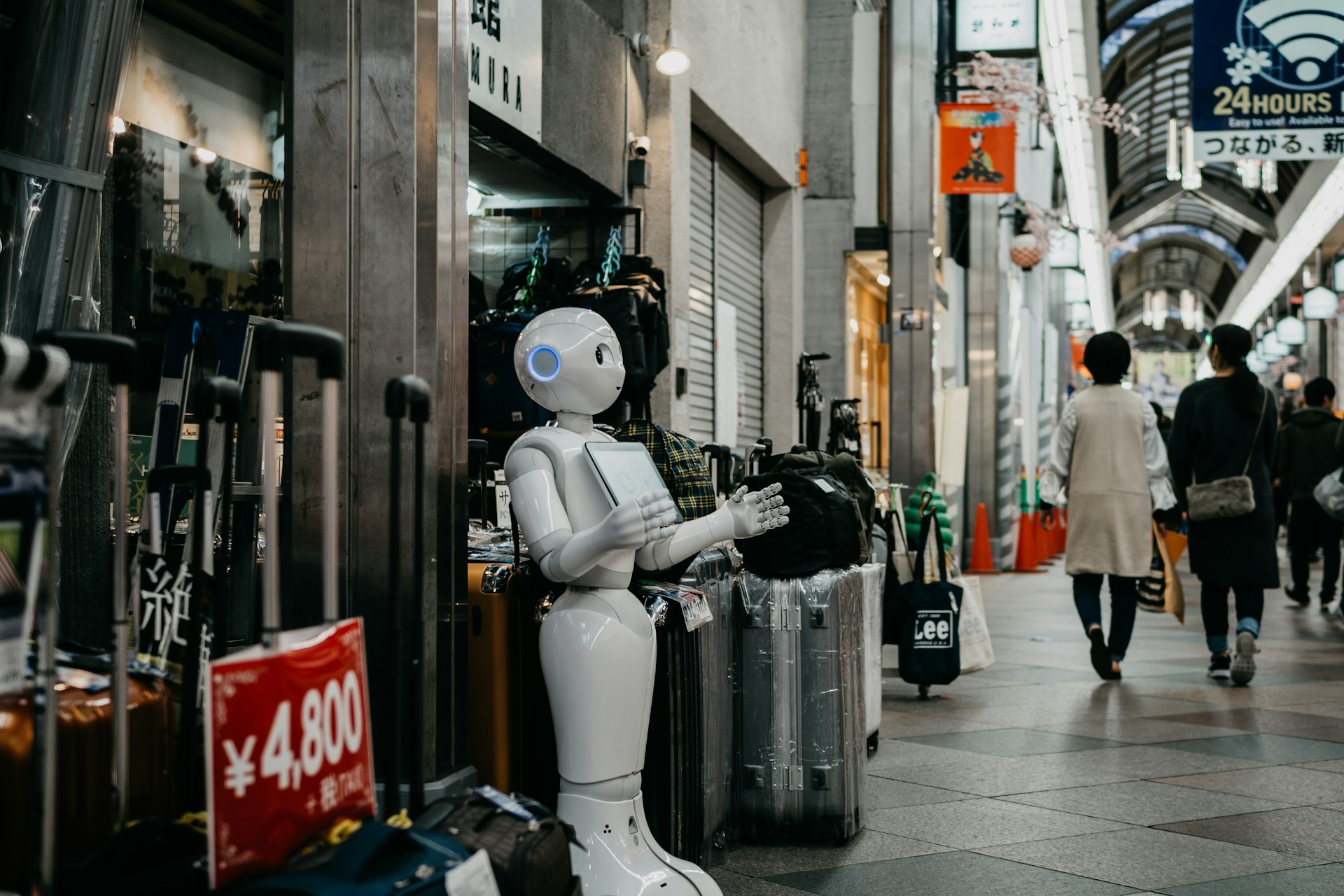Artificial intelligence (AI) has revolutionized various industries, and digital marketing is no exception. With its ability to analyze vast amounts of data, automate tasks, and personalize experiences, AI has become an indispensable tool for marketers.
In this article, we’ll explore the myriad ways in which AI is transforming digital marketing and driving success for businesses of all sizes.
Introduction to Artificial Intelligence in Digital Marketing
Defining artificial intelligence (AI)
Artificial intelligence refers to the simulation of human intelligence in machines that are programmed to think and learn like humans. In the context of digital marketing, AI algorithms are utilized to analyze data, predict outcomes, and automate processes.
Overview of digital marketing
Digital marketing encompasses various online strategies and channels used by businesses to promote their products or services. These include search engine optimization (SEO), social media marketing, email marketing, content marketing, and more.
AI-Powered Analytics in Digital Marketing
Data collection and analysis
AI algorithms can sift through large volumes of data to identify patterns, trends, and insights that humans might miss. This data-driven approach enables marketers to make informed decisions and optimize their campaigns for better results.

Predictive analytics
By analyzing past performance data, AI can predict future outcomes and trends with a high degree of accuracy. This allows marketers to anticipate customer behavior and tailor their strategies accordingly.
Personalized marketing strategies
AI enables marketers to create highly personalized experiences for their target audience. By analyzing user behavior and preferences, AI algorithms can deliver targeted content, product recommendations, and offers, leading to higher engagement and conversion rates.
Content Creation and Curation
Automated content generation
AI-powered tools can generate content automatically based on predefined parameters. From blog posts and articles to product descriptions and social media posts, AI can produce content at scale, saving time and resources for marketers.
Content optimization
AI algorithms can analyze content performance metrics and suggest optimizations to improve its effectiveness. This includes keyword optimization, readability enhancements, and formatting adjustments to maximize engagement and SEO rankings.
Curating content for target audiences
AI can help marketers identify relevant content from across the web and curate it for their target audience. By leveraging machine learning algorithms, marketers can deliver valuable content that resonates with their audience’s interests and preferences.
AI Chatbots for Customer Interaction
Improving customer service
AI-powered chatbots can provide instant support to customers, answering their questions and resolving issues in real-time. This improves customer satisfaction and reduces the burden on human support teams.
Personalized recommendations
By analyzing customer data and interaction history, AI chatbots can offer personalized product recommendations and suggestions. This enhances the shopping experience and increases the likelihood of conversion.

24/7 availability
AI chatbots are available round-the-clock to assist customers, regardless of time zones or business hours. This ensures that customers can get help whenever they need it, improving overall satisfaction and loyalty.
Search Engine Optimization (SEO) with AI
Keyword research and analysis
AI-powered tools can analyze search trends and competition to identify relevant keywords for SEO optimization. This helps marketers target the right keywords to improve their organic search rankings.
Content optimization for search engines
AI algorithms can analyze content structure, relevance, and quality to optimize it for search engines. This includes on-page SEO elements such as meta tags, headers, and keyword density, as well as off-page factors like backlinks and social signals.
AI-driven SEO tools
There are several AI-driven tools available to help marketers with SEO tasks, such as content optimization, link building, and rank tracking. These tools leverage machine learning algorithms to provide actionable insights and recommendations for improving search performance.
AI in Social Media Marketing
Audience targeting and segmentation
AI algorithms can analyze social media data to identify and segment target audiences based on demographics, interests, and behavior. This enables marketers to create highly targeted campaigns that resonate with their audience.
Automated posting and scheduling
AI-powered tools can automate the process of posting content on social media platforms at optimal times for maximum visibility and engagement. This ensures that marketers can maintain a consistent presence without manual intervention.
Social listening and sentiment analysis
AI algorithms can monitor social media conversations and analyze sentiment to gauge audience reactions and trends. This allows marketers to understand how their brand is perceived and respond proactively to customer feedback.

Email Marketing Automation
Segmentation and targeting
AI algorithms can segment email lists based on various criteria such as demographics, purchase history, and engagement level. This enables marketers to send targeted email campaigns tailored to each segment’s preferences and interests.
Dynamic content generation
AI-powered email marketing platforms can generate dynamic content personalized to each recipient, such as product recommendations, promotional offers, and personalized messages. This increases engagement and conversion rates.
Predictive email scheduling
AI can analyze data patterns and user behavior to predict the best times to send emails for maximum open and click-through rates. By scheduling emails strategically, marketers can optimize engagement and drive better results.
AI for Ad Targeting and Optimization
Programmatic advertising
AI-powered programmatic advertising platforms automate the buying and selling of digital ads in real-time auctions. This enables marketers to target their ads to specific audiences with precision and efficiency.
Real-time bidding
AI algorithms analyze ad inventory and user data to determine the optimal bid price for each impression in real-time auctions. This ensures that marketers get the most value for their advertising budget and maximize ROI.
Ad performance optimization
AI-driven ad platforms continuously monitor ad performance metrics and adjust campaigns in real-time to optimize performance. This includes adjusting targeting parameters, ad creatives, and bidding strategies to achieve the desired outcomes.
Ethical Considerations in AI-Driven Marketing
Privacy concerns
The use of AI in marketing raises concerns about data privacy and security. Marketers must ensure that they handle customer data responsibly and comply with regulations such as GDPR to protect user privacy.
Transparency and accountability
AI algorithms can sometimes make decisions that are difficult to interpret or explain. Marketers need to ensure transparency in their AI-driven processes and be accountable for the outcomes of their marketing campaigns.
Avoiding bias in AI algorithms
AI algorithms may inadvertently perpetuate biases present in the data used to train them. Marketers must be vigilant in identifying and mitigating bias to ensure fair and equitable treatment of all individuals.
Future Trends in AI and Digital Marketing
Advancements in AI technology
As AI technology continues to evolve, we can expect more advanced algorithms and capabilities to emerge, further enhancing the effectiveness of digital marketing strategies.
Integration of AI with emerging technologies
AI will likely be integrated with other emerging technologies such as augmented reality (AR), virtual reality (VR), and the Internet of Things (IoT) to create immersive and personalized experiences for consumers.
Impact on marketing strategies
The widespread adoption of AI will fundamentally transform marketing strategies, enabling marketers to deliver more personalized, targeted, and efficient campaigns that drive better results.
Case Studies: Successful Implementations
Examples of companies using AI in digital marketing
Several leading companies across industries have successfully implemented AI-driven marketing strategies to achieve significant results. Case studies from companies like Amazon, Netflix, and Spotify demonstrate the power of AI in driving growth and innovation.
Results and benefits achieved
By leveraging AI for tasks such as predictive analytics, content optimization, and personalized marketing, companies have reported improvements in key metrics such as engagement, conversion rates, and ROI.
Challenges and Limitations of AI in Digital Marketing
Complexity of AI implementation
Implementing AI in digital marketing requires specialized knowledge and expertise, which can be challenging for some organizations to acquire and deploy effectively.
Cost implications
AI-driven marketing solutions often require significant investment in technology, talent, and infrastructure, which may be prohibitive for smaller businesses with limited resources.
Human oversight and intervention
While AI can automate many tasks in digital marketing, human oversight and intervention are still necessary to ensure that AI algorithms are aligned with business goals and ethical principles.
Training and Skill Requirements
Skills needed for AI in digital marketing
Marketers looking to harness the power of AI in digital marketing need to develop skills in data analysis, machine learning, and programming, as well as an understanding of marketing principles and consumer behavior.
Training resources and courses available
There are numerous online courses, workshops, and certification programs available to help marketers acquire the necessary skills and knowledge to leverage AI effectively in their digital marketing efforts.
Conclusion
In conclusion, artificial intelligence is revolutionizing digital marketing by enabling marketers to analyze data more effectively, automate tasks, and deliver personalized experiences at scale. By embracing AI-driven strategies and technologies, businesses can gain a competitive edge and achieve better results in today’s digital landscape.
FAQs
What are the main benefits of using AI in digital marketing?
AI helps marketers analyze data more effectively, automate repetitive tasks, and deliver personalized experiences to customers, leading to improved engagement and ROI.
How does AI improve customer engagement in digital marketing?
AI enables marketers to analyze customer data and behavior to deliver targeted content, recommendations, and offers that resonate with individual preferences, driving higher engagement and conversion rates.
Are there any risks associated with AI in digital marketing?
Yes, some risks associated with AI in digital marketing include privacy concerns, bias in algorithms, and the potential for unintended consequences if not implemented or monitored properly.
Can small businesses afford AI-driven marketing solutions?
While AI-driven marketing solutions can be expensive, there are affordable options available, such as AI-powered tools and platforms with subscription-based pricing models, that cater to the needs of small businesses.
What are some key trends to watch for in AI and digital marketing?
Key trends to watch for include advancements in AI technology, integration with emerging technologies like AR and VR, and the continued evolution of AI-driven marketing strategies to deliver more personalized and immersive experiences for consumers.

0 Comments